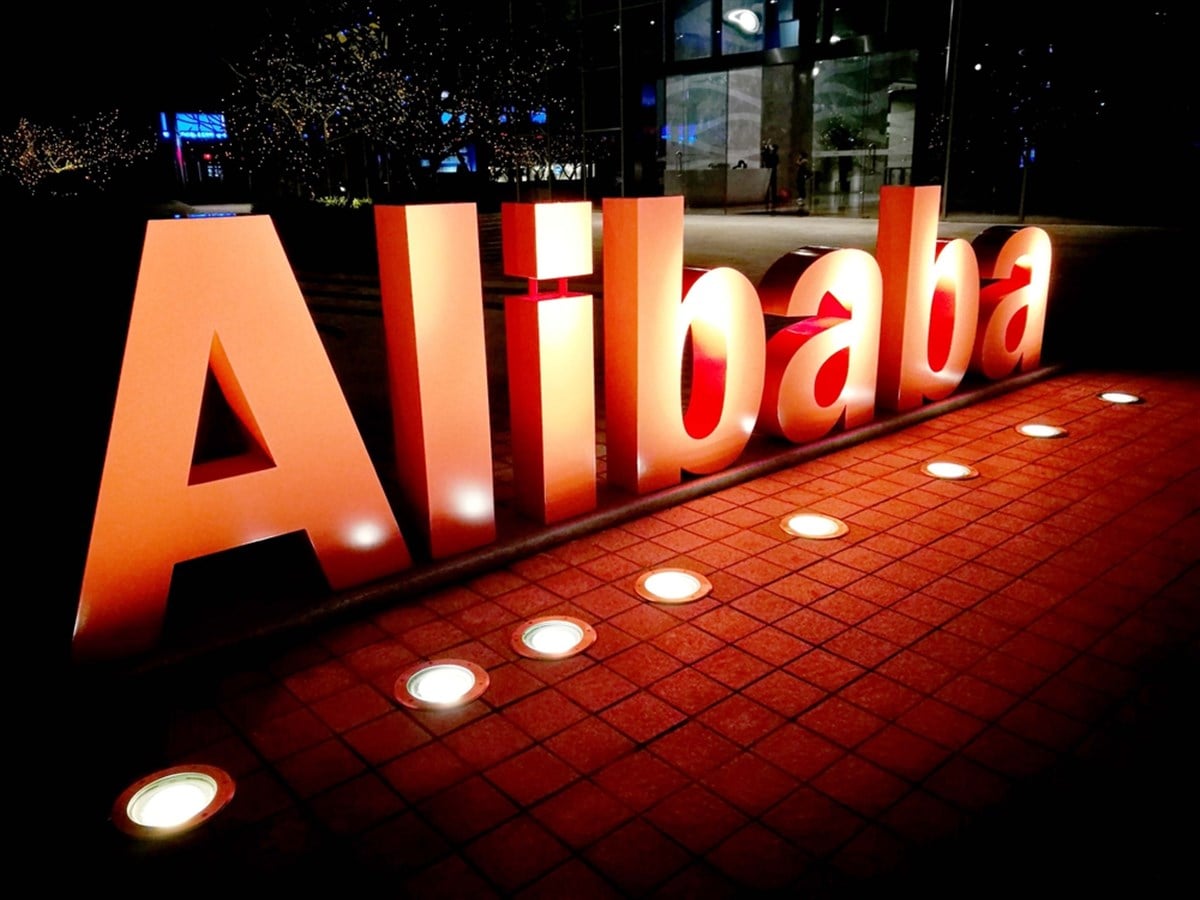
Taking the pulse of the market can be an impossible task at times. However, some things never change in how traders and portfolio managers choose where to allocate their capital, and it has everything to do with cycles. For reasons you will soon learn, the Chinese stock market could be the place where these investment dollars end up soon.
If anything stays true is that great stocks that fall out of favor but still propose a great bullish scenario for investors will eventually catch up to the pack, so here is the central question you need to answer: How come the Technology Select Sector SPDR Fund (NSYEARCA: XLK) has outperformed the S&P 500 by 21.0% over the past twelve months, while Alibaba Group (NYSE: BABA) underperformed technology stocks by more than 60.0% in that period.
The widening performance gap just became attractive enough for major investors like Michael Burry (yes, the guy who called the 2008 financial crisis) to start going into the stock, not only buying it but making it the biggest position in his entire fund. He’s not alone, as Ray Dalio has also seen the writing on the wall in his buying up of the broader iShares MSCI China ETF (NASDAQ: MCHI), but more on why later.
So what’s really going on?
Money moves around to find one thing and one thing only: growth. So, how do the big guys search for growth in the entire stock market? Plain and simple, they attempt to price money through bond yields and compare that return against the returns found in the broader stock indices.
Take a look at what happened during the peak months of the COVID-19 pandemic, where the S&P 500 paid out a dividend yield of 2.5% (its highest since 2008) while the U.S. ten-year bond yields stood at a dismal 0.5%.
So, if stocks are paying you much more than bonds, wouldn’t it make sense to shift your money into the best stocks and out of deadbeat bonds? Because that is precisely what happened there.
Now, you can see the same scenario forming on the other side of the world in the Chinese economy, where the CSI 300 (their version of the S&P) is paying up to 5.5% in yield as it hit a fresh five-year low price. Bonds? Well, those are hovering around 2.5%.
Once again, the question remains. If stocks are paying you a much more attractive yield than bonds, wouldn’t you expect money to shift into the best names in the nation? Because that is mainly what Ray Dalio started doing, and now Michael Burry has tagged along with a $5.8 million long position.
Out of all the worthy mentions in the nation, why did Burry decide to buy Alibaba as his primary choice, with only a secondary – and more minor – position in JD.com (NASDAQ: JD)? To answer that one, you may need to do a bit of digging, which MarketBeat has already done to save you time.
How to pick ‘em
Despite underperforming the technology sector, Alibaba counts with much better momentum than JD.com, considering it trades at 71.0% of its 52-week high prices compared to JD.com in its 45.0% 52-week high.
There is a reason for this outperformance, of course, the same one that kept the stock from crashing despite reporting a net income contraction of 77.0% over the past year; here is what happened. Because it is a conglomerate in China, Alibaba’s huge cash flow is often invested into other businesses and equities as well.
During 2023, when the Chinese stock market reached a five-year low, who didn’t take a loss by investing in the country’s businesses? Alibaba’s balance sheet wasn’t immune to this, as they reported an impairment charge of roughly $7.4 billion during the quarter, severely understating the company’s true earning power.
Pro analysts like Burry know that these charges are often ‘added back’ to the company figures to reflect what happened, which probably led to the conclusion that Alibaba stock is undervalued today.
Knowing what you know now, it shouldn’t be surprising to learn that Wall Street analysts have a $115.4 a share price target on the stock, calling for a 54.1% rally from today’s prices. Markets have given you further evidence to see why they are willing to pay a higher valuation for Alibaba over JD.com.
JD.com stock trades at a 0.77x multiple on a price-to-book basis, a discount to its book value. In contrast, Alibaba stock is valued at a 1.2x P/B; keep in mind that “It must be expensive for a reason.”
What that reason is, well, now you have a much better idea and can likely begin to see just why Burry and Dalio found these deals attractive.














